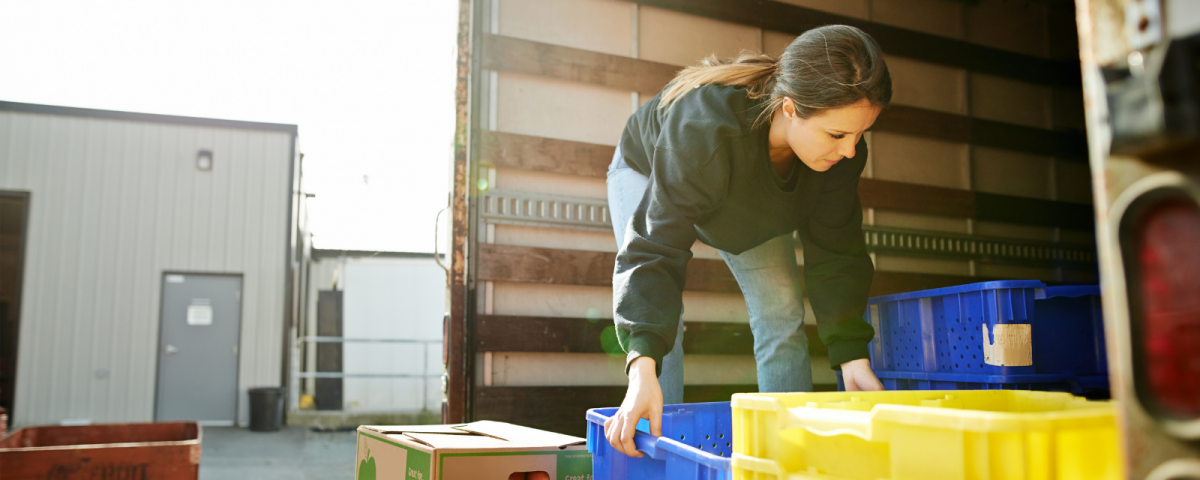
By Melanie Wilt
These days, every agribusiness is mired in sustainability regulations, programs and plans. Your agribusiness can benefit from the stamp of approval that comes from H2Ohio or 4R certification or your own branded sustainability program, but the requirements can be staggering. And, while these things provide proof of your good intentions and nice talking points for your state and local elected officials, what do your efforts actually mean to your farmer customers?
There are a few things that farmers want when it comes to solid sustainability programs and leadership. As you implement your sustainability program, keep these things in mind to ensure the support and loyalty of your farmer customer:
- Longevity. Your customers care about the continuation of their farm operation for future generations. When it comes to consistently practicing water quality standards, reducing runoff, increasing precision and continuous improvement, farmers are as motivated by the image of their grandchildren carrying on the family tradition as they are a regulation or cash incentives.
- Soil Health. Farmland is a finite commodity, and therefore the soil that lies there is its most precious asset. Sustainable-minded farmers want to put back in what they take out, which is good news when it comes to offering biologicals, cover crops and slow-release fertilizers.
- Consistent Yields. Some might say that yields matter more to a farmer than profits, but no more than a baseball player wants to win while taking home a nice multi-million dollar paycheck. Sustainability solutions only work if they complement the goal to gain the most productivity from every acre and – at the same time – address environmental challenges that increase regulatory pressure.
- Practicality. Any practical expertise you can offer your farmer customer that helps them lessen their overall impact on the environment will benefit them in all of their agricultural endeavors. The great author and conservationist Louis Bromfield understood this when he wrote, “It is simply that in all life on earth as in all good agriculture there are no short-cuts that by-pass Nature and the nature of man himself and animals, trees, rocks and streams. Every attempt at a formula, a short-cut, a panacea, always ends in negation and destruction.”
- Reduced Red Tape. How can your agribusiness reduce the farmers’ burden to be the environmental superhero at all times? Perhaps changing your delivery and custom application schedules would reduce carbon emissions from your trucks and new slow-release products would require fewer trips across the field. Your agribusiness can guide and educate customers about free and low-cost apps that integrate with their reporting requirements as a value-added service.
- Profitability. Sustainability means many things to a farmer, but most importantly it means they will be able to do all of the above AND remain financially viable. Ultimately, sustainability programs must be designed with that in mind, because if the farm can’t survive as a business enterprise, then it can’t perform any of its duties of removing carbon, filtering water or feeding nations.
For more practical ideas and some great sustainability models in action, I recommend following W.K. Kellogg Foundation, the Kellogg Company and Star of the West Milling. If you have a new sustainability program or initiative at your agribusiness, we would love to hear about it!
